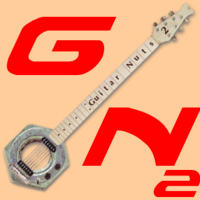TeleCrunch
New member
Anyone have suggestions on a reasonably priced accurate LCR/Inductance meter? I currently have a piece of junk from Ebay I want to replace as a birthday present to myself. I primarily want to use it to accurately measure guitar pickups and wah inductors. Thanks!





